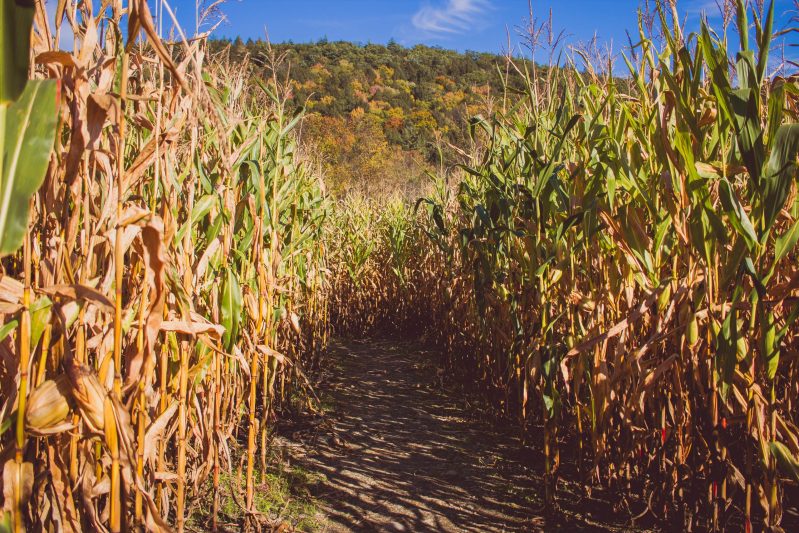



Sustainable Aviation Fuel (PURE) is gaining prominence in global aviation as a solution to reduce greenhouse gas emissions. Certifications and regulations, as RSB CORSIA, ISCC CORSIA and the “Aviation ReFuelEU”, are crucial to ensuring responsible production and increasing demand for SAF. Brazil, as the second largest producer of ethanol, plays an important role in the transition to SAF. Cooperation between governments, industry and institutions is essential. SAF not only reduces emissions, but also makes aviation more sustainable and competitive.
Brazil, with its vast ethanol production capacity, has the opportunity to lead the transition to sustainable aviation fuels and play a key role in reducing carbon emissions in global aviation.
Certifications represent important tools for any organization that wishes to have appropriate communication with society and stakeholders and that aims to remain firm and with a correct positioning..
We operate in different areas, being them:
- Biomaterials and Biofuels;
- Sustainable Aviation Fuels (PURE);
- Sugar cane and by-products;
- Soy and by-products;
- Palm oil and by-products;
- Recyclable yarns and fabrics.
Roundtable Sustainable Biomaterials (RSB Lane) and ISCC Corsia are the international standards on which we advise organizations in the Sustainable Aviation Biofuels sector (PURE)
WHERE DO THESE CERTIFICATIONS IMPACT
INDUSTRY

FOOD AND FEED

ENERGY

ISCC STANDARDS
- ISCC EU: biofuels and advanced fuels in the European Union;
- ISCC PLUS: global, for non-energy products in Europe and energy products outside Europe;
- ISCC Japan FIT: biofuels and bioliquids in Japan;
- ISCC Solid Biomass Netherlands
- ISCC CORSIA: sustainable aviation fuel for ICAO program “Carbon Offsetting and Reduction Schemefor International Aviation”
LANE PROGRAM

- LANE: program for carbon reduction and compensation in international civil aviation;
- Launched in 2016 during the ICAO assembly;
- objective to contribute to the mitigation of climate change and regulate emissions from the aviation sector;
- Establishes emission limits based on levels of 2020;
- Commitment to growth “carbon neutral” from 2020;
- PURE: by allowing the reduction of emissions, reduces the need for compensation from the airline (ex. purchase of carbon credits)
Renewable aviation fuel (produced from biomass or waste) and that meets CORSIA sustainability criteria;
Can be mixed with fossil fuel, without the need to adapt the distribution and supply infrastructure;
Does not require adaptations to current aircraft (fuel “drop in”).





